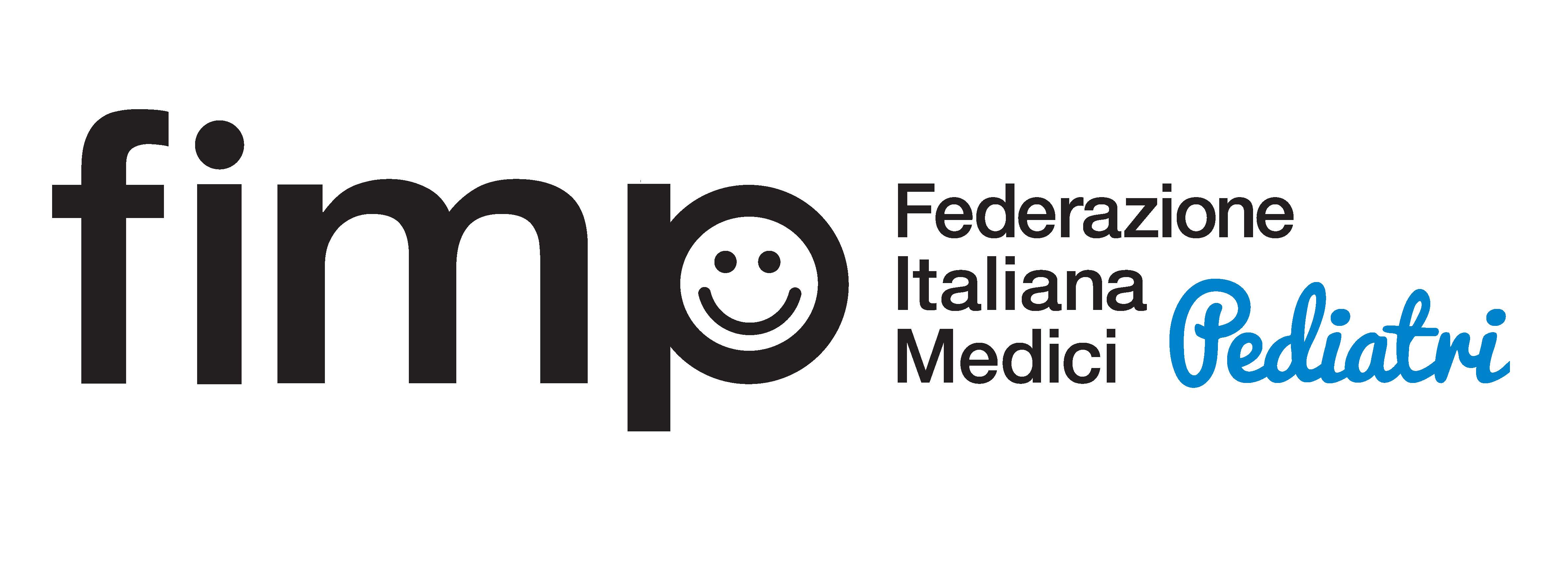by Valeria Confalonieri | May 22, 2020
Paediatricians very often prescribe “an inhaler with a bit of cortisone” to children, even very small ones, who have a cough and/or cold. It is often an overused treatment. Infections of the upper respiratory tract (nose, mouth, pharynx and larynx) are the...
by Valeria Confalonieri | May 22, 2020
Though a mainstream practice, it is not appropriate to routinely prescribe antibiotics for upper air passage infections, such as strep throat, laryngitis, tonsillitis, sinusitis, ear infections and similar. Upper air passage infections are mainly of viral origin and...
by Valeria Confalonieri | May 22, 2020
Proton pump inhibitors (PPI) are very widely sold drugs, useful in reducing the production of stomach acid. They should not be prescribed for minor disturbances and, in any case, should never be prescribed lightly as they can cause major side effects. The continuous...
by Valeria Confalonieri | May 22, 2020
Benzodiazepines, used to induce sleep and treat anxiety, are unquestionably among the most commonly used medications in Italy. Prescribing them as a first choice for elderly persons afflicted with insomnia is often unnecessary, and should not be done without first...

by Valeria Confalonieri | Nov 13, 2018
Very often topical therapies through micronized nasal shower or other nebulizers are prescribed in order to treat upper-respiratory tract infections (particularly otitis, rhinosinusitis, adenoid hypertrophy, rhinopharyngitis, etc.). In most cases the use of...



Recent Comments